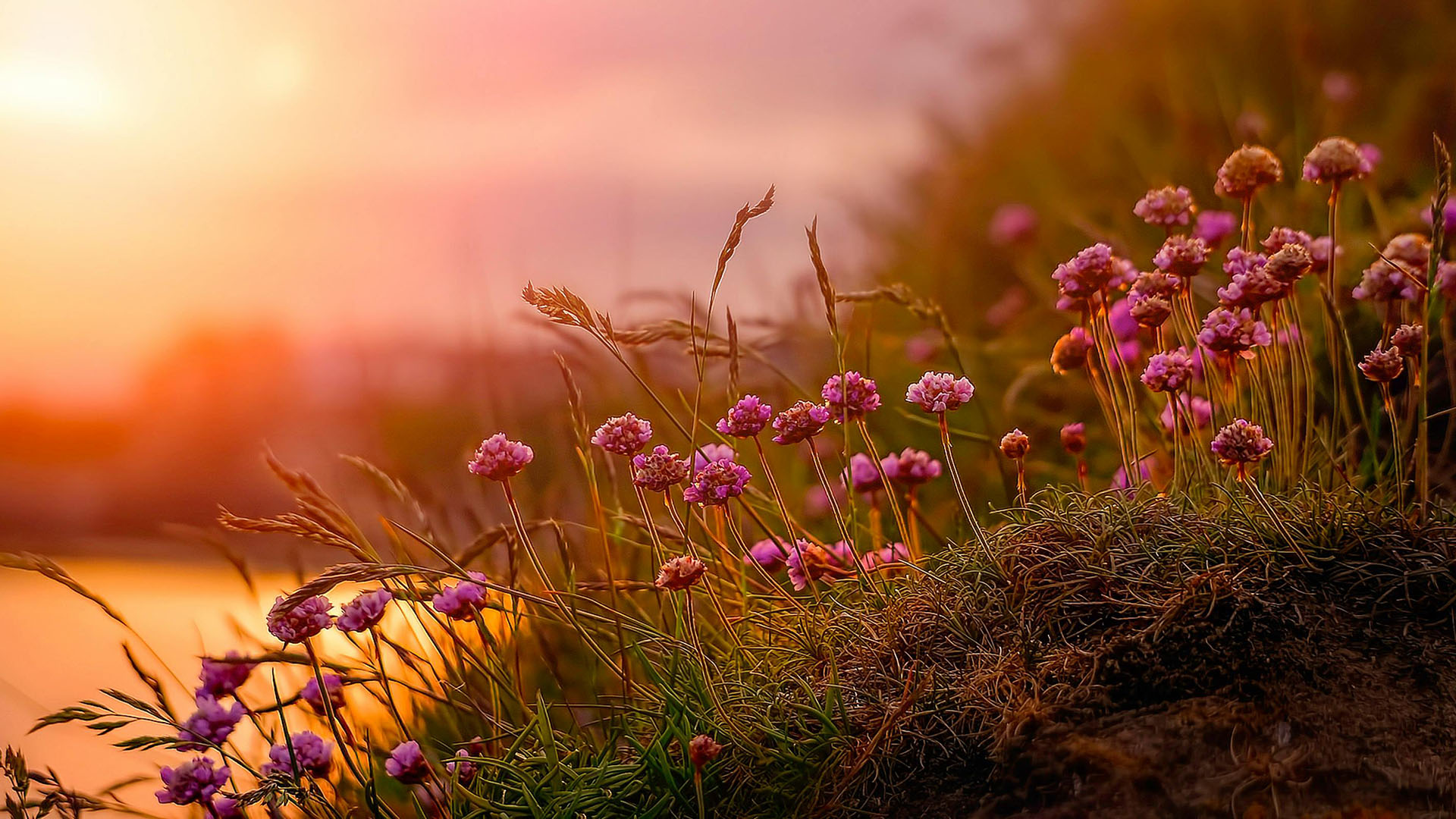Robyn is a highly successful businesswoman. She has built her business from scratch, raised three beautiful boys, and is highly regarded by those who know her.
What they don’t know is that she has struggled with depression on and off over her adult life. Her outward demeanour and happy outlook masking her inner turmoil.
Over the years she has spent time with a variety of counsellors and psychologists, taken anti-depressants, and continued to best manage her condition.
During one episode, she recognised she needed help again and sought the advice of a new therapist who had been recommended by a friend. “You’ll find he does things a bit differently, but he’s very good.”
Intrigued, she made an appointment and was asked to meet the therapist at a café at the entrance of a local park. Maybe this is what he does differently she wondered.
Having met her new therapist, he asked if she’d be happy to join him on a walk in the park for an hour or so, which they did.
Her new therapist practices ecotherapy, a term that basically means outdoors therapy that includes a wide variety of formats including nature meditation, walking, hiking in wilderness areas, time on the beach, conservation, or time with horses.
The idea of ecotherapy is derived from the belief that humans and nature are intrinsically linked. We are part of nature, but modern life has caused us to disconnect from nature. We don’t visit green spaces as often or spend as much time in them, leading to poorer psychological wellbeing and higher stress levels.
Over the course of the next few months, they met regularly for her walking therapy sessions. Sometimes they would sit by a tree, other times they would walk. Robyn discovered she enjoyed these sessions and went home feeling lighter and more alive.
The idea of spending time outside for therapy is not new. Shinrin-Yoku is the Japanese term for forest therapy or forest bathing as it is sometimes called, introduced in the 1980s to help stressed-out businessmen feel less stressed, lower blood pressure and build coping skills.
In the 1990’s Dr. William Bird MBE, a UK-based GP, set up the first Health Walk Scheme and started providing green prescriptions to his patients. He firmly believes that it’s the combination of being active while outside that is the magic combination.
Since that time research has continued to support the concept of walking outdoors as a way to reduce the symptoms of anxiety and depression.
Not everyone requires ecotherapy. However, spending time in the outdoors for 2 hours a week has been shown by researchers in the UK to be the minimum threshold required to maintain mental wellbeing.
Today, Robyn no longer takes anti-depressants. Instead, she looks forward to her daily 30-minute daily walk, whatever the weather. She says spending time outside has shown her new perspectives and connected her at a far deeper level to the environment. She has found greater inner peace and contentment, which sounds like a great place to be.
While ecotherapy may not be for everyone, simply spending more time outside in a green or blue space has been shown to lower your blood pressure, reduce stress and lead to a more positive outlook on life.
Five things to try doing more of when outside:
1. Get into the garden.
If you love gardening, getting your fingers in the soil, planting, pruning, or harvesting can all be satisfying ways to relax and destress. Even if like me you have a black rather than a green thumb, sitting in your favourite spot outside under a tree feels good.
2. Make your time outside multisensory.
We rely heavily on our sense of sight and often miss the opportunities to listen, smell, touch, and taste. I like to play the game of noticing five things I can see, four things I can hear, three things I can touch, two things I can smell and something I can taste. Birdsong, wind, and water are natural auditory sounds many find calming to listen to.
3. Notice what you’re drawn to.
When outside, notice what appeals to you the most. Is it the trees, the rocks, or the stream? What is it about those features that you enjoy? Do you love big open vistas, woodlands, or the rock pools on the beach?
4. Stay curious.
When in a new area, what’s different about the vegetation around you? Do you know the names of the different, plants, flowers, trees, and birds? Try taking some pictures on your smartphone to look these up later, or to record a beautiful spot where you stopped to take in the view.
5. Be thankful.
When in a beautiful place, grow your feeling of gratitude for nature by noticing your children happily building a cubby, making mudpies, or discovering insects and other creepy crawlies. Be thankful for the smile on your partner’s face, or your dog running around exploring every nook and cranny and smell. Giving thanks to your environment makes us appreciate it more.
Have you tried ecotherapy or found time outside helpful when you’re experiencing psychological distress?
I’d love to hear your thoughts.


